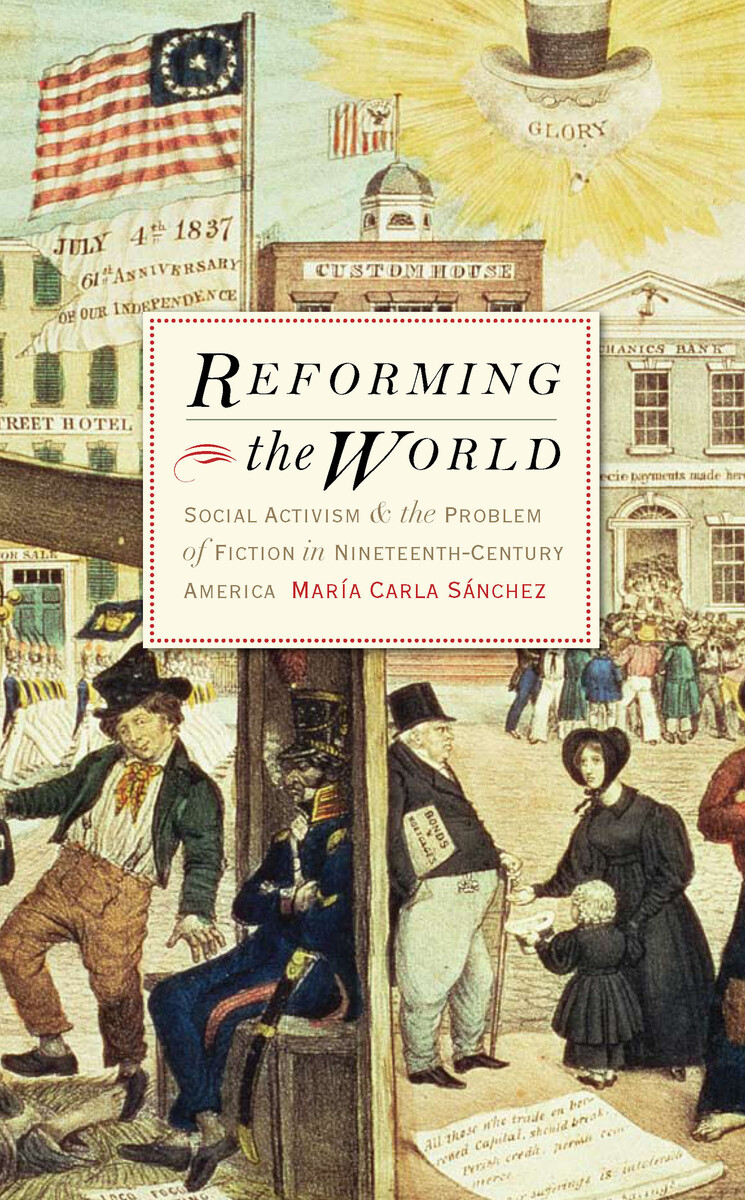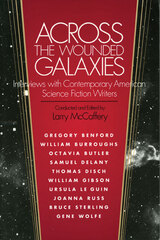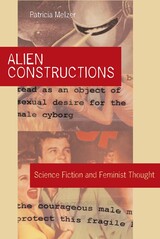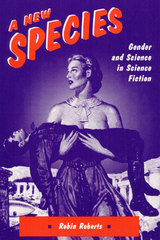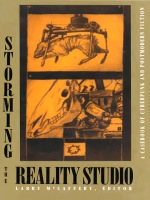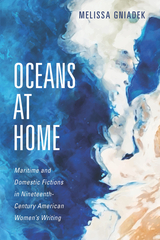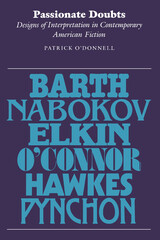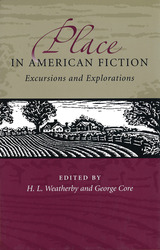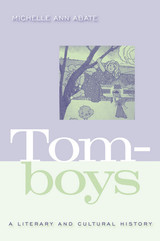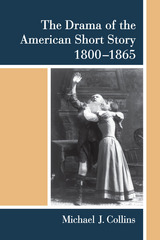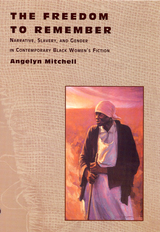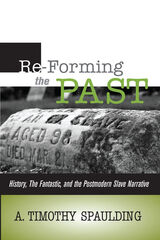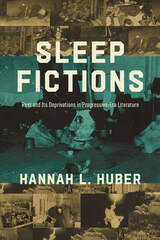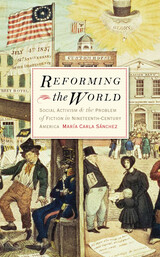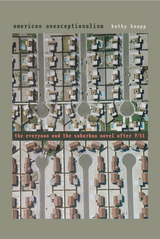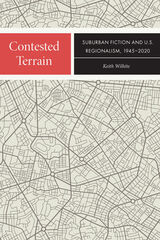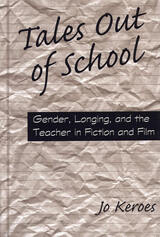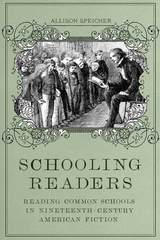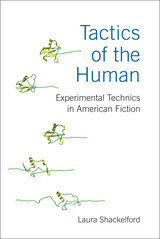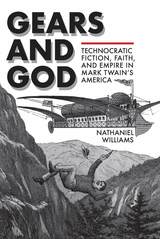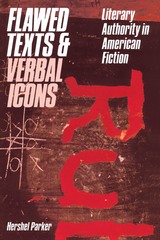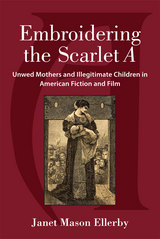Reforming the World: Social Activism and the Problem of Fiction in Nineteenth-Century America
University of Iowa Press, 2009
Cloth: 978-1-58729-694-9 | eISBN: 978-1-58729-758-8
Library of Congress Classification PS374.S67S36 2008
Dewey Decimal Classification 810.900322
Cloth: 978-1-58729-694-9 | eISBN: 978-1-58729-758-8
Library of Congress Classification PS374.S67S36 2008
Dewey Decimal Classification 810.900322
ABOUT THIS BOOK | AUTHOR BIOGRAPHY | REVIEWS | TOC | REQUEST ACCESSIBLE FILE
ABOUT THIS BOOK
Reforming the World considers the intricate relationship between social reform and spiritual elevation and the development of fiction in the antebellum United States. Arguing that novels of the era engaged with questions about the proper role of fiction taking place at the time, Maria Carla Sánchez illuminates the politically and socially motivated involvement of men and women in shaping ideas about the role of literature in debates about abolition, moral reform, temperance, and protest work. She concludes that, whereas American Puritans had viewed novels as risqué and grotesque, antebellum reformers elevated them to the level of literature—functioning on a much higher intellectual and moral plane.
In her informed and innovative work, Sánchez considers those authors both familiar (Lydia Maria Child, Harriet Jacobs, and Harriet Beecher Stowe) and those all but lost to history (Timothy Shay Arthur). Along the way, she refers to some of the most notable American writers in the period (Emerson, Thoreau, and Poe). Illuminating the intersection of reform and fiction, Reforming the World visits important questions about the very purpose of literature, telling the story of “a revolution that never quite took place," one that had no grandiose or even catchy name. But it did have numerous settings and participants: from the slums of New York, where prostitutes and the intemperate made their homes, to the offices of lawyers who charted the downward paths of broken men, to the tents for revival meetings, where land and souls alike were “burned over” by the grace of God.
In her informed and innovative work, Sánchez considers those authors both familiar (Lydia Maria Child, Harriet Jacobs, and Harriet Beecher Stowe) and those all but lost to history (Timothy Shay Arthur). Along the way, she refers to some of the most notable American writers in the period (Emerson, Thoreau, and Poe). Illuminating the intersection of reform and fiction, Reforming the World visits important questions about the very purpose of literature, telling the story of “a revolution that never quite took place," one that had no grandiose or even catchy name. But it did have numerous settings and participants: from the slums of New York, where prostitutes and the intemperate made their homes, to the offices of lawyers who charted the downward paths of broken men, to the tents for revival meetings, where land and souls alike were “burned over” by the grace of God.
See other books on: Nineteenth - Century America | Problem | Reforming | Social change in literature | Social problems in literature
See other titles from University of Iowa Press
